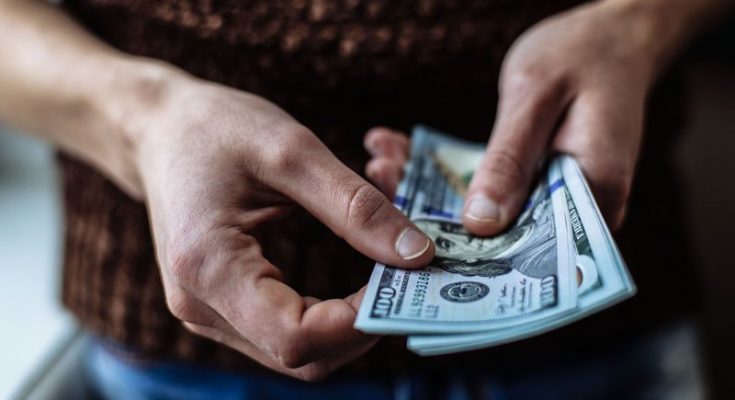In the 17th century, Sweden became the first nation to introduce paper currency in Europe. It didn’t take long before the rest of Europe followed, and now, paper money is the most widely used mode of transaction across Europe and globally. However, the Scandinavian countries have been pushing for a cashless economy over the last decade a situation that has seen most of the region’s retail business done via digital transactions.
To be precise, only 5% of retail transactions are done using cash. A report by Credit-Suisse says that 95% of transactions are done digitally, and for the few that are completed using cash, they are most likely illegal. “If you have to pay in cash, something is wrong,†the report says. This transformation has been taking place over the last 5 years during which, the Eurozone has struggled to recover from the global financial crises. Most banks in the EU are yet to rebalance their balance sheets after they were bailed out following the 2009 financial crises.

However, in the Scandinavian region, many are already back to normal operations with the big four banks in the region experiencing an above average tier-1 capital. Nonetheless, the overall economy of the region remains susceptible to shocks given the current conditions of the Eurozone.  Norway, for instance, has maintained its base interest rate at just 0.50% and recently indicated that it could lower the rate to the negative territory if the overall EU economy continues to show signs of weakness.
Nonetheless, consumer banking loans still attract high rates with only a few banks being able to offer competitive lending rates to consumers. For instance, consumer loans in Norway attract rates ranging from 7.5% to as high as 9% for sums ranging from 5,000 KR-500,000 KR. This indicates that digital transactions do not have any significant positive impact on the economy. As such, the push for a cashless society is by no means going to be easy especially considering all aspects of an economy. It is even going to be harder for a larger economy like the Eurozone.

